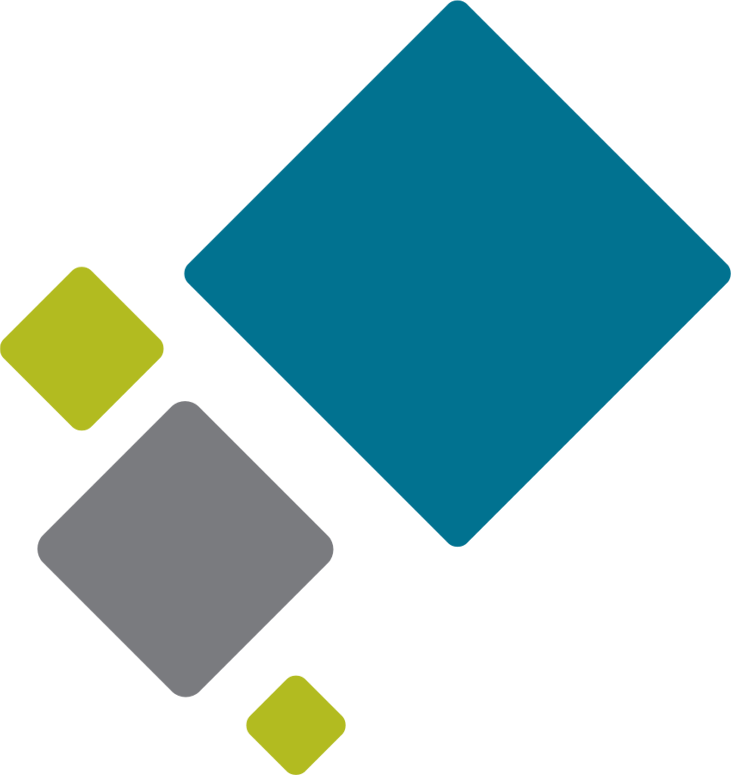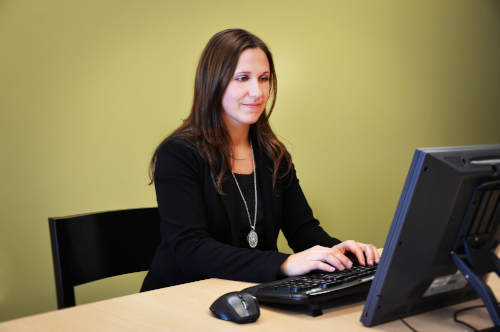
Finding Your Voice in Everyday Conversations
You know the moment—your heart beats a little faster, and you have a thought to share, but something holds you back. You hesitate, stay quiet, or second-guess yourself. Whether it’s a team huddle or a formal meeting, the struggle to speak up can leave you feeling overlooked or stuck. It’s not that you don’t have something to say; it’s that saying it feels harder than it should.
When people hold back in conversations, organizations lose out on the insight, creativity, and collaboration that drives smart decisions. Meetings become one-sided. Diverse perspectives go unheard. And over time, silence chips away at trust, inclusion, and momentum. Building a culture where people feel safe and confident to speak isn’t just good for individuals—it’s essential for teams and workplaces that want to thrive.
This workshop helps participants move past hesitation and speak up in everyday conversations. You’ll explore the emotional and practical barriers that get in the way, such as fear of being misunderstood or difficulty organizing your thoughts. Through guided reflection, emotional regulation techniques, and communication practice, you’ll build confidence to speak up one step at a time.
You’ll walk away with a clearer understanding of your communication habits, practical strategies to manage self-doubt and experience applying your voice in conversations. Whether you want to speak up more in meetings, ask questions that spark insight, or share your ideas without second-guessing, this workshop offers the tools and support to build your confidence.

- Identify personal barriers to speaking up and develop strategies to overcome self-doubt and limiting beliefs.
- Recognize the role of emotional regulation in managing anxiety and building confidence in conversations.
- Organize your thoughts and express them clearly in different settings.
- Use curiosity-driven questions to engage others, encourage dialogue, and confidently approach conversations.
- Develop and practice messages that feel natural and authentic to you.
- Express differing viewpoints respectfully and constructively.
- Apply active listening skills to build rapport and respond thoughtfully in discussions.

This workshop is for professionals who want to feel more comfortable and confident speaking up in meetings, conversations, or group settings. If you’ve ever hesitated to share an idea or join a discussion, even when you had something to say, this session can help.
You should attend if you
- Hesitate to contribute to meetings or conversations, even when you have ideas to share
- Struggle with overthinking, self-doubt, or anxiety when it’s your turn to speak
- Want to express yourself more clearly and confidently in formal and informal settings
- Find it difficult to organize your thoughts under pressure or advocate for your perspective
- Are looking for practical strategies to participate more fully in group discussions
- Work in an environment where collaboration, communication, and visibility are key to success.
By the end of this session, you will be better prepared to share your ideas with clarity and confidence. You will also leave with tools to help you contribute more fully to conversations, support stronger collaboration, and feel more at ease speaking in everyday work situations.

This workshop creates space for honest reflection, practical experimentation, and meaningful dialogue. You’ll explore the barriers that affect how you communicate, including limiting beliefs, emotional patterns, and moments of self-doubt. Through guided exercises, role-play scenarios, and collaborative discussion, you’ll practise expressing yourself with clarity, confidence, and purpose. You’ll also work independently to build and refine messages that reflect your values, intentions, and audience needs.
You’ll also take away a practical workbook with tools, examples, and checklists to use back on the job.
Workshop activities include
- Identifying and reframing limiting beliefs that impact communication
- Practising emotional regulation and mindfulness techniques
- Exploring and applying cognitive reframing strategies
- Developing concise, assertive messages using actionable language
- Drafting elevator pitches for everyday and high-stakes scenarios
- Expressing differing viewpoints with confidence and clarity
- Creating a personal improvement plan with practice strategies





